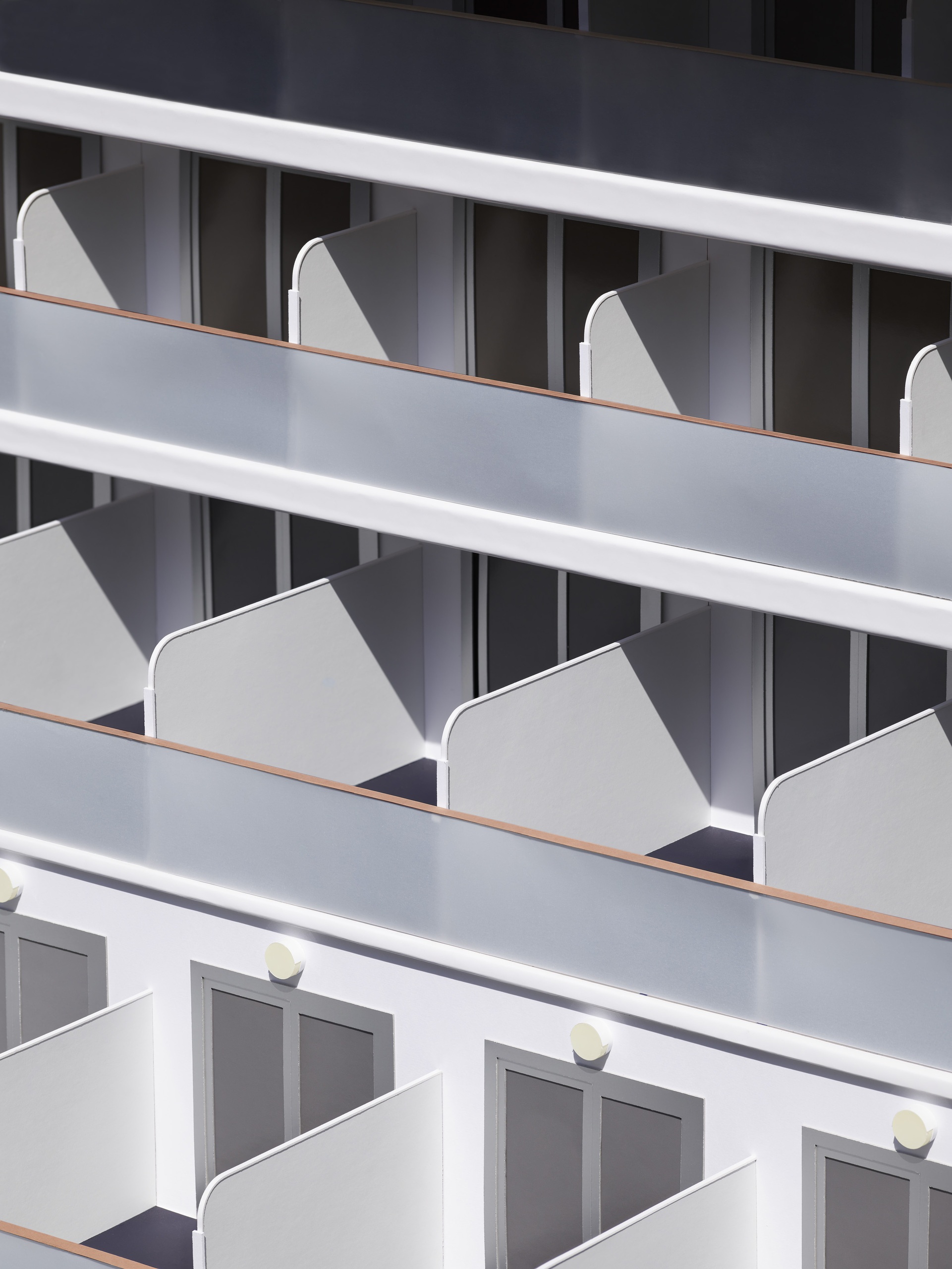The public program for the exhibition Mirror Without Memory is an exploration of the made-up nature of reality and the mechanisms for the formation and documentation of collective memory.
The public program will launch with an artist talk by Thomas Demand, who will explain more about his creative method, curating experience, and the artworks he executed for the show at Garage.
The cycle of discussions The Art of Memory is aimed at introducing participants to public history research. Over the course of six meetings, scholars, artists, writers, curators, directors, critics, and journalist will discuss different art mediums’ contributions to group memory work using examples from the recent past.
Garage will also run a presentation of the book Russland-Kontainer (Russia Container) by writer Alexander Kluge, whose films are on view at the exhibition. In conversation with Eastern European historian and researcher Karl Schlögel, Alexander Kluge will discuss what Russia is for an external observer.
An alternative history book club will take place alongside the exhibition. Participants will read works whose authors used the proverbial “forbidden” subjunctive mood and learn how and why writers question the idea of historical progress.
To contextualize the work of Alexander Kluge and Thomas Demand, Garage will screen a selection of key films representing the “new German cinema” of the 1960s and 1970s. The “new cinema” directors critically reflected on postwar Germany’s past and present. Along with Alexander Kluge himself, these filmmakers include Wim Wenders, Werner Herzog, and other names, whose works have become classics of international cinema.
The children’s program invites kids aged 7-12 years to get acquainted with the past and present of Garage and learn how objects and spaces can witness different events and even tell their own stories about them. They will also be able to create original architectural models, time capsules, and a large-scale homage to Thomas Demand.
The Teens Days program comprises discussions explaining the phenomenon of collective memory, what remains in personal memory, and what a modern individual, who is “drowning” in the news stream, should do. Teenagers aged 15–17 years are invited to participate in a course on using video practices to document the gap between memory and traces of the past. As a result of the course, they will shoot a short film.


